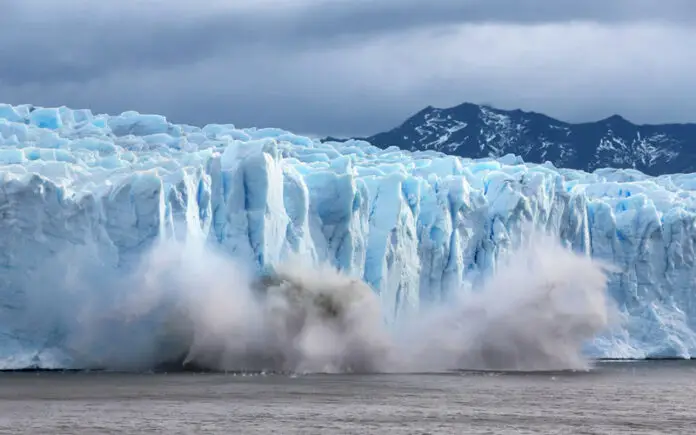5Glaciers Help Scientists Understand Climate Change

Glaciers are often referred to as the “canaries in the coal mine” when it comes to climate change. Because glaciers are sensitive to temperature changes, they serve as important indicators of global warming. Scientists study glaciers to track changes in the Earth’s climate over time.
One way they do this is by analyzing ice cores, long cylinders of ice drilled from glaciers and ice sheets. These ice cores contain trapped air bubbles that provide a record of the Earth’s atmosphere going back hundreds of thousands of years. By studying the gases in these bubbles, scientists can learn about past climates and better understand how the Earth’s climate is changing today.
Unfortunately, many glaciers around the world are retreating at an alarming rate due to rising global temperatures. This has serious implications for sea-level rise, freshwater availability, and the overall health of our planet’s ecosystems.




















